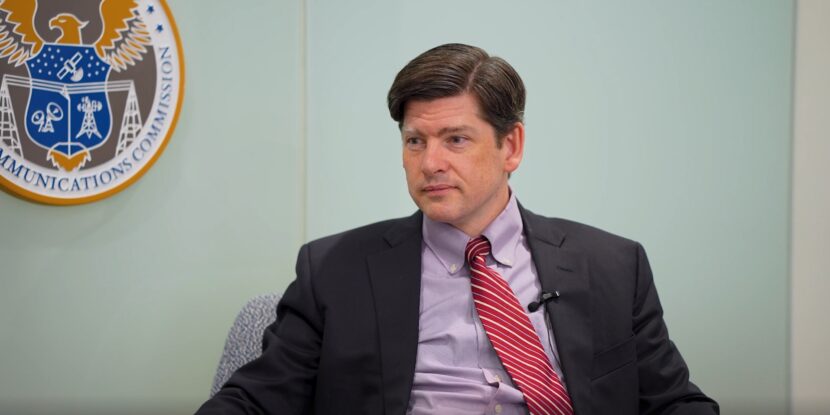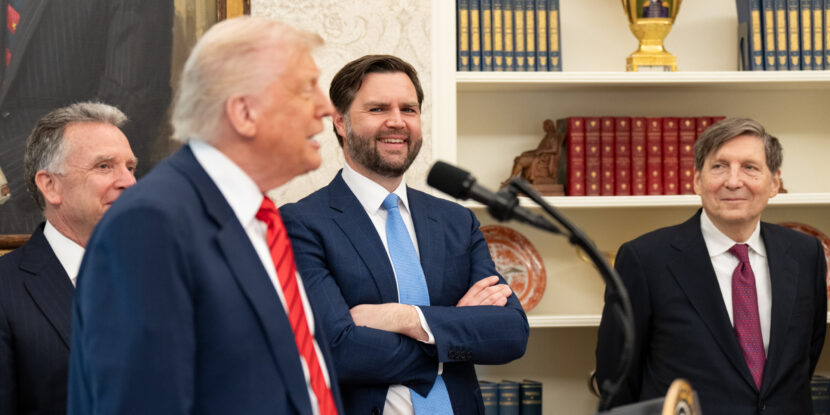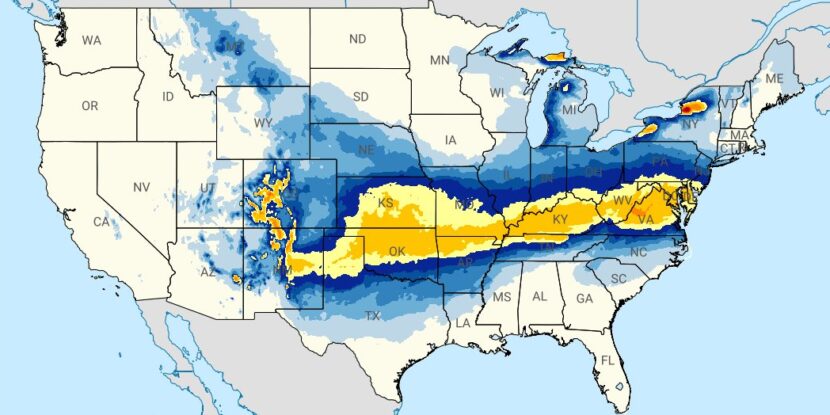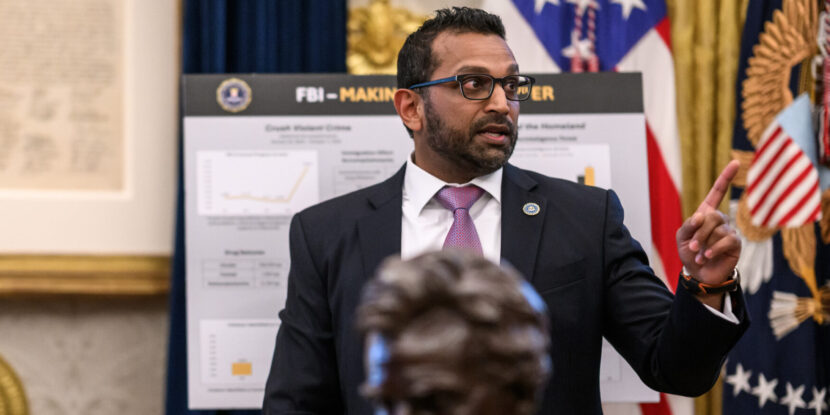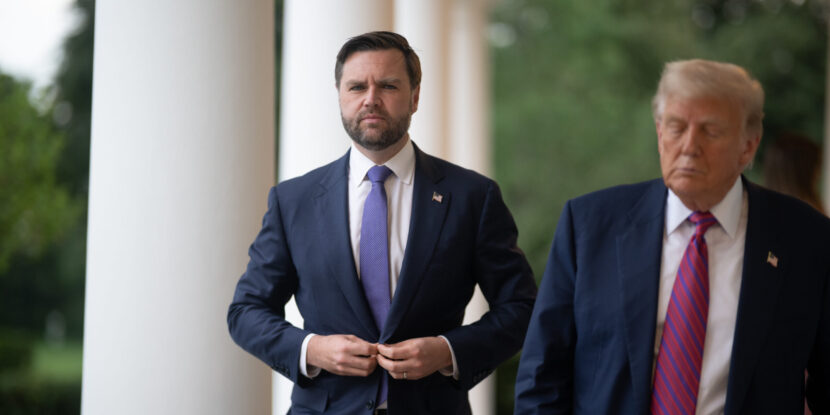PULSE POINTS:
❓What happened: Federal Communications Commission (FCC) Commissioner Nathan Simington warned that Chinese telecom giant Huawei embedded potentially dangerous hardware in rural U.S. Internet infrastructure near military sites, exploiting a funding delay in Congress’s mandated removal plan.
👤Who’s Involved: Nathan Simington, the FCC, the Chinese Communist Party (CCP), Huawei, Congress, and rural American telecom providers.
🧾Key Quote: “Huawei had a great business… because the first hit is free,” Simington said.
⚠️Fallout: The $4.98 billion “rip and replace” effort remains incomplete, leaving U.S. national security vulnerable to Chinese surveillance via telecom and even solar infrastructure.
📌Significance: Simington’s revelations expose the extent to which CCP-linked companies penetrated America’s digital backbone and how regulatory inaction and cost-cutting left critical systems exposed to foreign adversaries.
IN FULL:
Federal Communications Commission (FCC) Commissioner Nathan Simington warns that Huawei’s infiltration of rural American Internet networks has turned them into potential “pain points” for national security. In an interview, Simington outlined how the Chinese telecom giant embedded its low-cost equipment in rural broadband infrastructure, particularly in regions surrounding sensitive U.S. military installations.
Though Congress passed a 2019 mandate requiring the removal of Huawei hardware from U.S. networks, lawmakers failed to fund the effort for years. The required $4.98 billion wasn’t approved until December—leaving a dangerous gap in which Chinese components remained active in vital communication systems across the country.
“You probably saw last week that we found undisclosed communications equipment in some Chinese-made solar panels,” Simington said. “The solar panels have the ability to phone home just like E.T.… At a certain point, you have to ask yourself, what isn’t phoning home?”
The FCC’s “rip and replace” initiative was originally projected to cost $1.9 billion. Simington now places the estimate at $5.6 billion, a staggering overrun he sees as the inevitable cost of relying on “cheap” solutions offered by the Chinese Communist Party’s tech arms. “There’s nothing as expensive as a cheap product,” he said.
Huawei’s predatory pricing strategy—offering razor-thin financing terms like zero percent interest for up to 60 years—effectively locked in small rural telecom companies operating on the margins. “Huawei had a great business… because the first hit is free,” Simington explained. “Huawei doesn’t need to make profits in order to compete in the capital markets for investor capital the way that a normal company in the United States or elsewhere in the free world would.”
Perhaps most alarming was Simington’s allegation that Huawei specifically targeted rural providers near U.S. military installations, raising red flags about foreign surveillance. “If an American company had pulled the same stunt in China,” he said, “the executives would have found themselves in shallow graves.”
While Simington made clear he’s not advocating for similar measures, he emphasized the situation is “really intolerable.”
